Class 10 Exam > Class 10 Notes > Mathematics for GCSE/IGCSE > Equations & Problem Solving
Equations & Problem Solving | Mathematics for GCSE/IGCSE - Class 10 PDF Download
What is problem solving?
- Problem solving in mathematics involves going through various stages to find solutions to questions.
- In the context of these notes, all problems revolve around equations, which can be linear, quadratic, simultaneous, or other relatively straightforward equations.
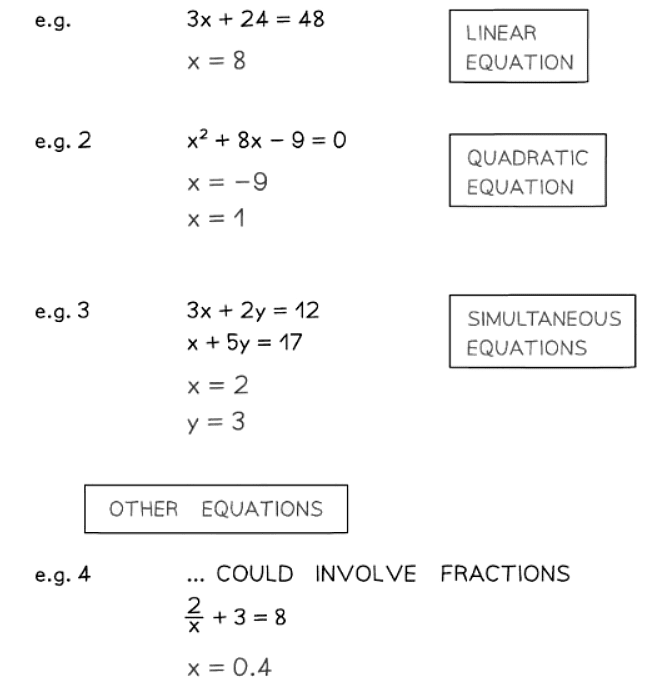

- You may notice there are not many subheadings in these notes
- That is deliberate so the examples are not labelled or dealt with in an order
- This is the nature of problem solving questions!
- You never know exactly what’s coming ... !

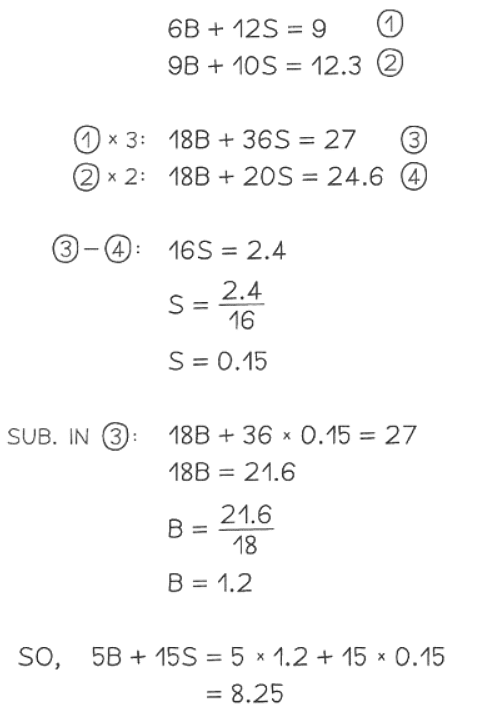

- In a typical mathematics problem, you're presented with an equation to solve. However, in problem-solving scenarios, you're tasked with creating the equation by:
- Utilizing information provided in the question.
- Employing your understanding of standard mathematical principles and outcomes.
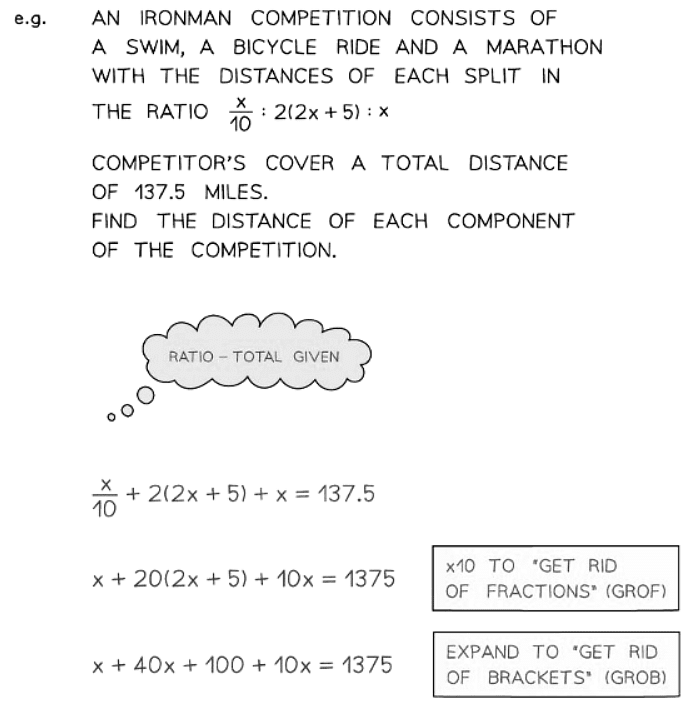
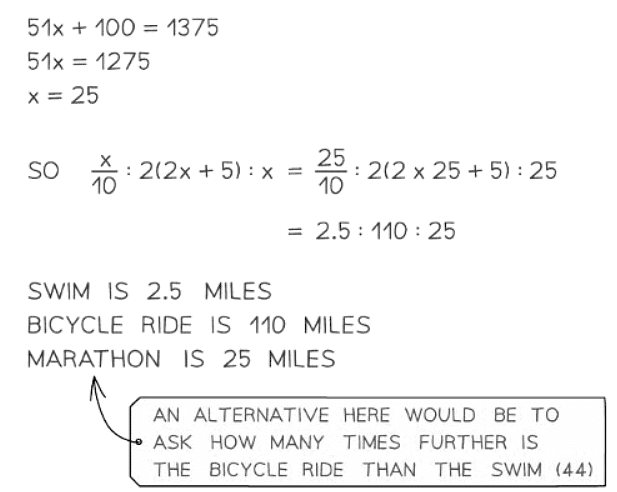
- In problem-solving questions, it's crucial to interpret the answer within the given context:
- The numerical answer, such as "2" from a calculator, needs to be contextualized. For instance, if the question pertains to money, the final answer should be expressed as £1.20.
- Quadratic equations may yield two solutions, but only one may be applicable if only positive values are relevant, as in the case of distance.
- Problem-solving questions typically offer less specific information regarding the mathematical approach required.
- It's impractical to catalog every type of problem-solving question one might encounter, as there's a vast array of potential contexts.
- There's no universal, step-by-step method applicable to all problems. Instead, success in problem solving hinges on practice, experience, and familiarity with various problem-solving strategies.
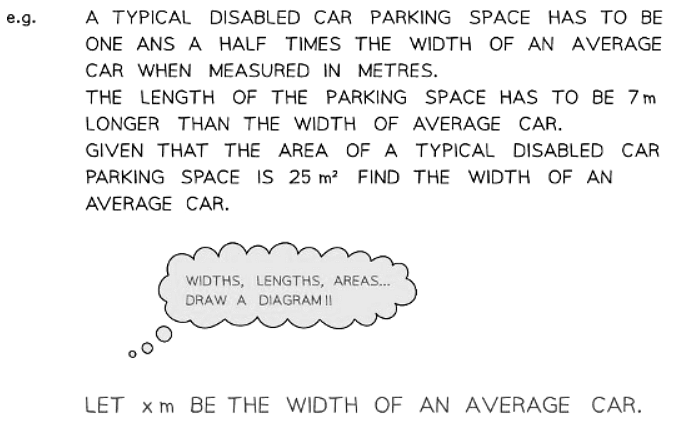
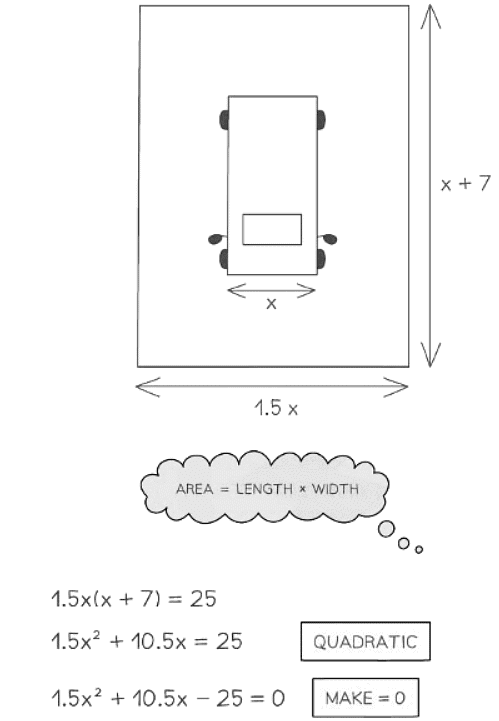
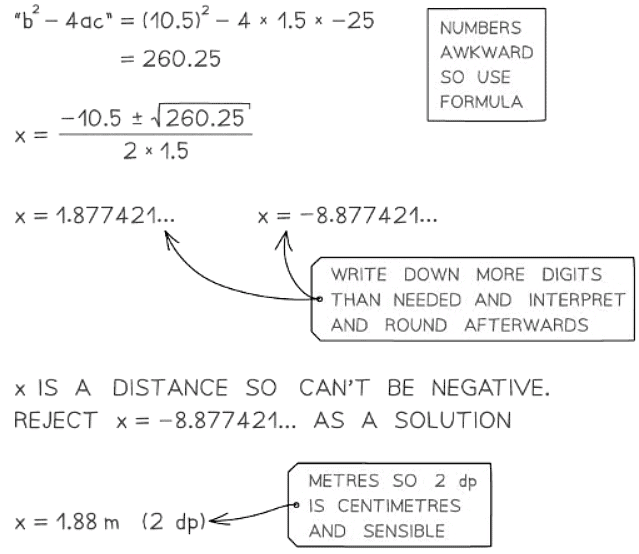

- Do not necessarily expect whole number (integer) or “nice” solutions
- Especially where a calculator is allowed
- Rounding appropriately may be one of the skills being tested
- eg Rounding a value in cm only needs to be to one decimal place;
- so it indicates mm
The document Equations & Problem Solving | Mathematics for GCSE/IGCSE - Class 10 is a part of the Class 10 Course Mathematics for GCSE/IGCSE.
All you need of Class 10 at this link: Class 10
|
42 videos|395 docs|19 tests
|
FAQs on Equations & Problem Solving - Mathematics for GCSE/IGCSE - Class 10
| 1. What are some common strategies for problem solving in equations? |  |
Ans. Some common strategies for problem solving in equations include isolating the variable, combining like terms, using inverse operations, and checking your solution.
| 2. How can equations be used to solve real-world problems? |  |
Ans. Equations can be used to solve real-world problems by representing the relationships between different quantities and variables, allowing us to find unknown values or make predictions based on known information.
| 3. What is the importance of problem solving skills in mathematics? |  |
Ans. Problem solving skills in mathematics are important as they help develop critical thinking, logical reasoning, and analytical skills. These skills are not only essential for success in mathematics but also in various other fields and everyday life situations.
| 4. How can students improve their problem solving abilities in equations? |  |
Ans. Students can improve their problem solving abilities in equations by practicing regularly, breaking down problems into smaller steps, seeking help when needed, and understanding the underlying concepts behind the equations.
| 5. What are some common mistakes to avoid when solving equations? |  |
Ans. Some common mistakes to avoid when solving equations include forgetting to perform the same operation on both sides of the equation, not simplifying expressions before solving, and not checking the solution for accuracy.
Related Searches















